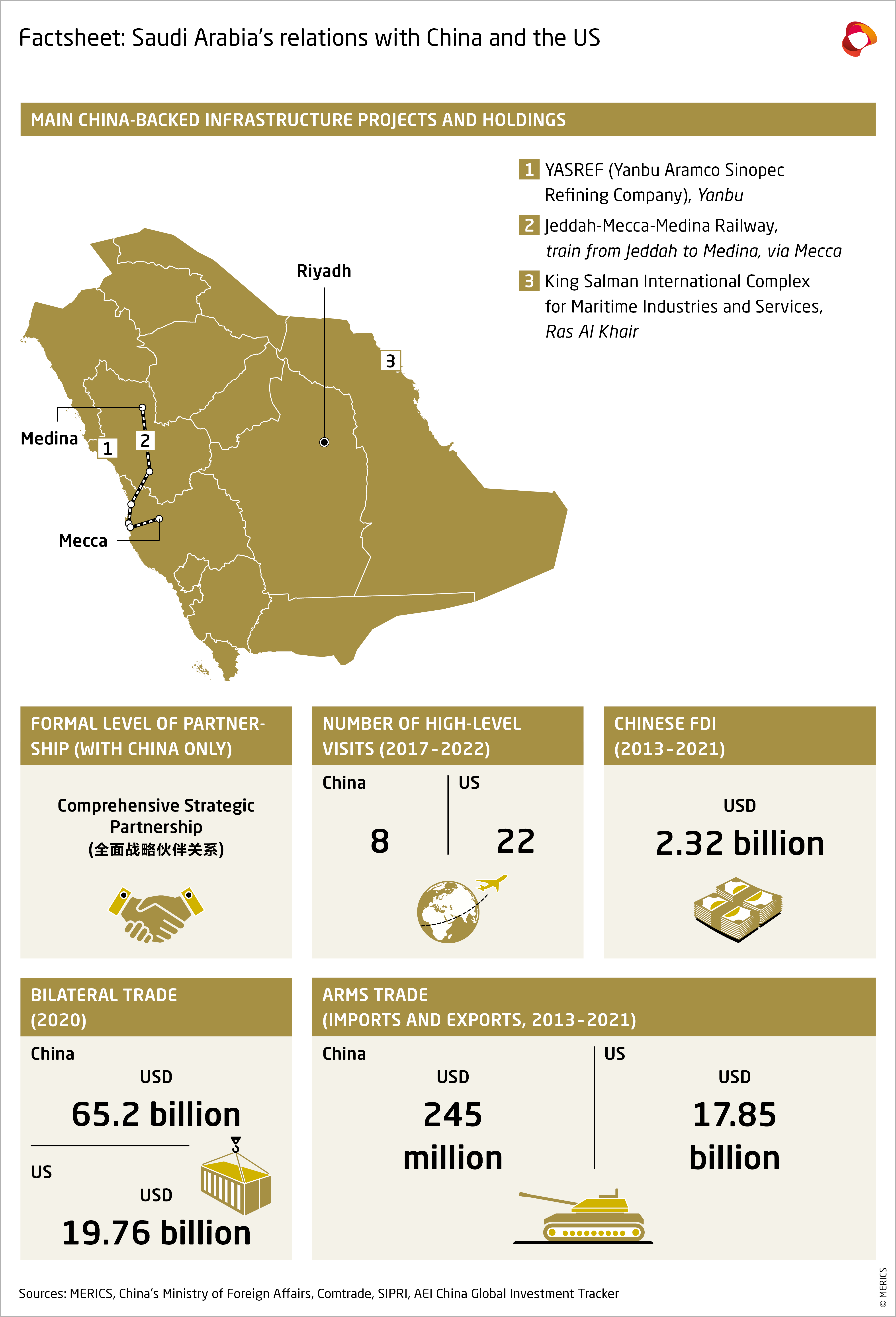
China's strategic move to pay for Saudi oil in yuan is driven by a desire to shield itself from potential U.S. sanctions. The shift could reduce China’s dependency on the U.S. dollar, which dominates global oil transactions. With over five million barrels of crude oil per day supplied by Gulf countries, including Saudi Arabia, a switch to yuan could substantially increase the currency’s role in global trade.
Despite these potential advantages, the transition to yuan-based oil trade is fraught with difficulties. The yuan accounts for a small fraction of global trade payments, limiting its influence. Furthermore, the financial infrastructure required to support such a large-scale shift is still in its early stages. China has made efforts to facilitate this transition by establishing the Shanghai Petroleum and Natural Gas Exchange, which could enable yuan-denominated oil trading. Nonetheless, the global oil market remains deeply entrenched in the U.S. dollar system.
Saudi Arabia, a key player in global energy markets, has expressed interest in accepting yuan for oil payments, particularly in the context of deepening ties with China. However, Riyadh is cautious about fully committing to this shift. The Kingdom’s economy is heavily linked to the dollar, and a sudden transition could disrupt its financial stability.
Additionally, there are broader geopolitical considerations. The U.S. dollar’s dominance in the global oil market is a cornerstone of American economic power. A successful move by China to settle oil trade in yuan could be perceived as a direct challenge to this power, potentially leading to economic or political repercussions.
The path ahead for yuan-based oil trade between Saudi Arabia and China is uncertain. While there are compelling strategic reasons for both countries to pursue this route, the complexities of global finance, coupled with the entrenched dominance of the dollar, make this a challenging proposition. Whether this initiative will gain traction or remain a strategic aspiration depends on how both nations navigate these obstacles.
Topics
Spotlight
